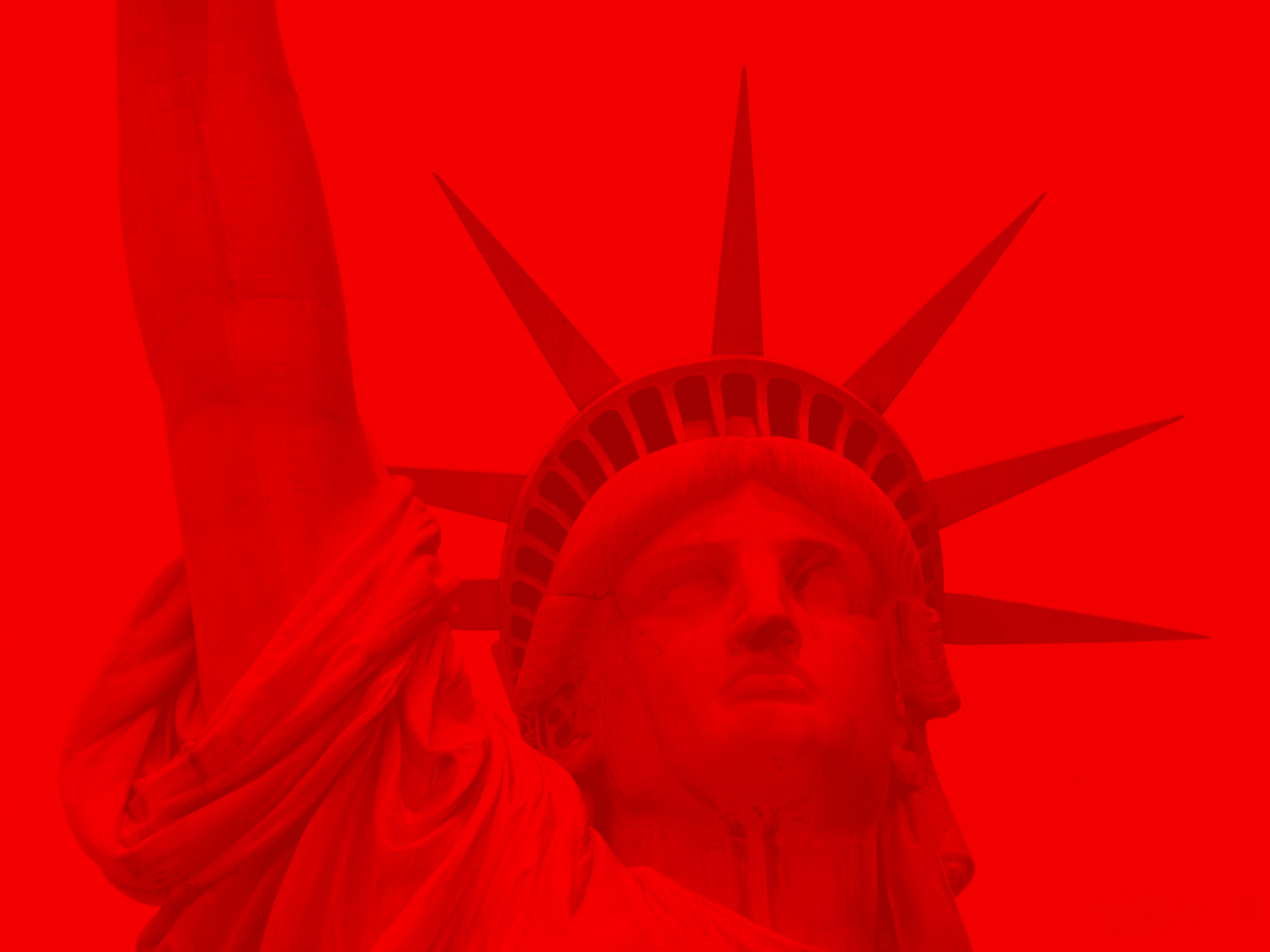Radical Islamism Fuels SAF Defiance
A surge in radical Islamism in Sudan is straining ties between the Sudanese Armed Forces (SAF) and their regional allies. Regional powers are now pushing harder for a resolution to the civil war with the Rapid Support Forces (RSF).
On Friday, the Quad - comprising the United States, Saudi Arabia, Egypt, and the United Arab Emirates - issued a statement calling for a three-month ceasefire and power transition talks between the warring factions. The SAF rejected the proposal, describing it as an infringement on Sudanese sovereignty and insisting that only a military victory over the RSF and continued military rule would suffice.
“The Sudanese government does not accept any international or regional interventions that do not respect the sovereignty of the Sudanese state and its legitimate institutions,” the SAF said in a statement. “Engagement in internal affairs is a sovereign right, granted in accordance with the supreme interests of the Sudanese people, without guardianship from any entity or alliance.”
The rift between the SAF and allies such as Saudi Arabia and Egypt stems from a resurgence of radical Islamism within the military’s ranks. The U.S. Department of the Treasury, which imposed sanctions on the SAF’s Finance Minister and an allied Islamist militia, highlighted the ongoing ideological and political threat.
“Sudanese Islamist elements have long been a destructive force, most notably during the 30-year Islamist regime of former President Omar al-Bashir,” the Treasury said. “More recently, they have undermined Sudan’s democratic transition, including the former civilian-led transitional government and the Framework Political Agreement process.”
These Islamist actors contributed to the outbreak of fighting between the SAF and RSF in April 2023. Since then, the conflict has claimed an estimated 150,000 lives and displaced more than 14 million people, creating the world’s worst ongoing humanitarian crisis. The Treasury also noted that Sudanese Islamists continue to block ceasefire efforts and are cultivating ties with Iran’s Islamic Revolutionary Guard Corps (IRGC).
Regional Rivalries Shape the Conflict
Tensions between the SAF and Egypt have been growing for some time. In August, Mosbah Abuzeyd, leader of the Islamist al-Baraa Bin Malek Brigade (BBMB), was arrested in Egypt. SAF chief Abdel-Fattah Burhan intervened to secure his release. Two weeks later, Egypt freed the militia leader but demanded assurances that the SAF controlled its allied militias. Washington subsequently imposed sanctions on BBMB.
To address Egyptian concerns, Burhan decreed that all non-state actors must operate under SAF command, though observers remain skeptical. Many analysts believe that within the SAF-Islamist alliance, the Islamists - mostly remnants of Bashir’s regime - hold the upper hand.
As Egypt grows wary of Burhan’s inability to rein in Islamist allies, Saudi Arabia has aligned with Cairo to push the Quad toward a statement sidelining both the SAF and RSF. Their goal is to empower civilians, such as former Prime Minister Abdullah Hamdouk and his Somoud coalition, to lead Sudan’s post-war transition.
Turkey and Qatar, key sponsors of Sudanese Islamists, notably did not support the Quad’s initiative. Reports indicate Ankara has supplied the SAF and its militias with advanced drones, shifting the war’s momentum against the RSF. Burhan’s defiance suggests he is emboldened by regional backing from these Islamist-leaning nations. Qatar recently hosted Burhan at the Organization of Islamic Cooperation summit in Doha, where he condemned an Israeli strike on Hamas leaders in the Qatari capital.
A Worsening Humanitarian Crisis
The conflict has entrenched both sides. The SAF and its Sovereignty Council established the Hope Transition Government, while the RSF formed a Presidential Council and its Tasis (“Founding”) Government. The SAF controls northern and eastern Sudan, while the RSF governs the south and west, effectively splitting the country into two de facto states.
The resurgence of radical Islamism, combined with regional rivalries and military entrenchment, has deepened Sudan’s crisis. Without effective civilian oversight or curbs on Islamist militias, the conflict, and the associated humanitarian catastrophe shows few signs of resolution.


